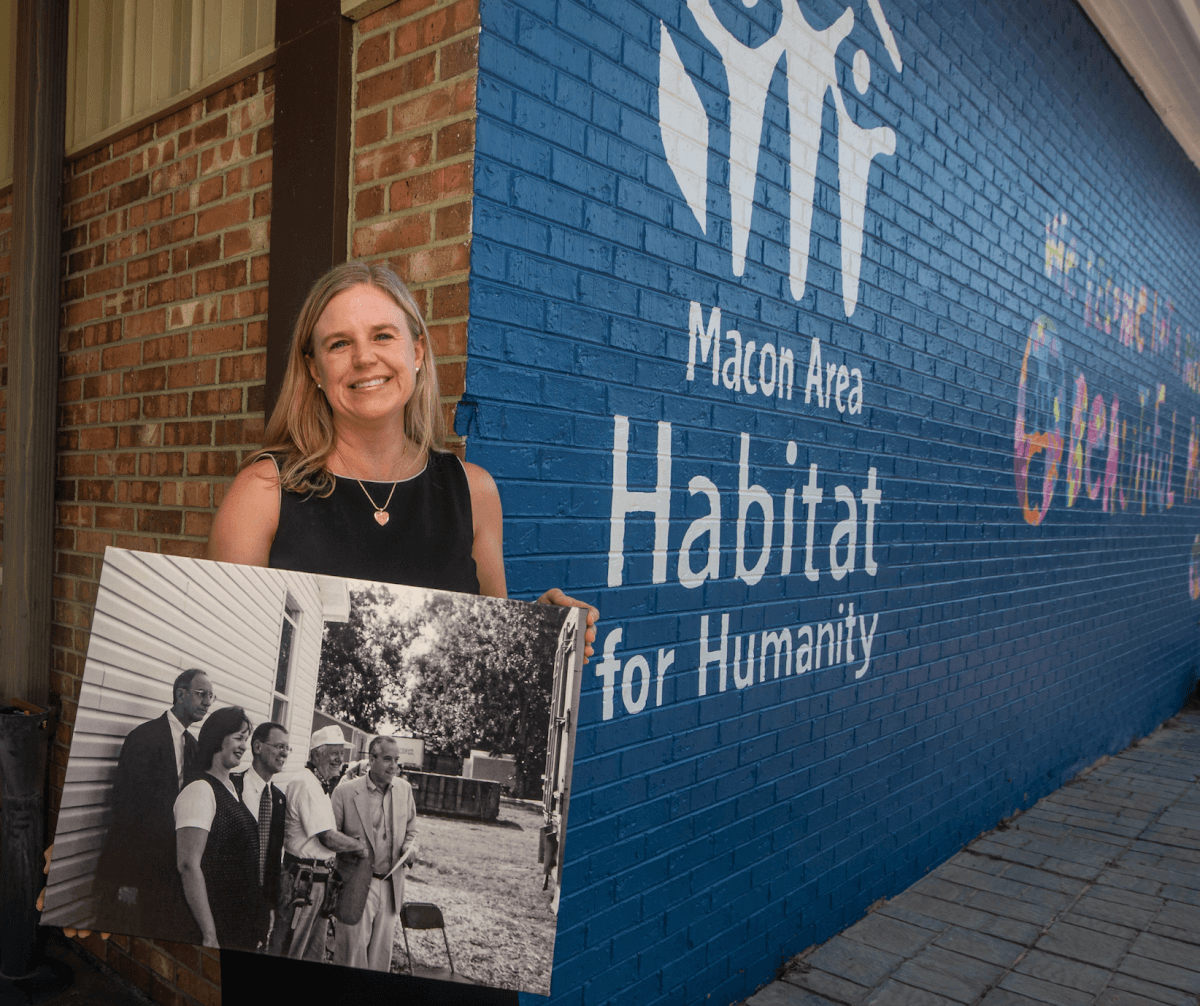
Shannon Says: Moving forward well in uncertainty
By Dr. Shannon Terrell Gordon
Photo by Leah Yetter
This year has certainly been memorable! Most of us have never before lived through such widespread, persisting disruption of community and business life. Even now, the view of the future is opaque, making past playbooks of questionable value. In these times, what can leaders do to move forward well?
Play the mind game first
Yogi Berra said, “90 percent of the game is half mental.” His folksy wisdom has been proven by scientific research. Our actions follow the thoughts and mental images we hold. Therefore, it is vital that each of us determine, as quickly
and vividly as we can, the positive behaviors and outcomes we want.
Be very careful to form vivid pictures of the outcomes you desire. Why? Consider how your team’s actions might differ if you hold, “I want our business to capitalize on new opportunities during and after COVID-19,” as your intention versus, “I want our business to survive COVID-19.”
Next, commit to appropriate rest, nutrition, hydration and other self-care activities that help you stay calm and composed. Your team needs this from you – now more than ever.
Finally, speedily gather as much relevant information as possible
– although information may be incomplete. Distill it quickly to inform decisions.
Act boldly
Especially when minds and emotions can be reeling, act in ways that inspire confidence and hope. The adage, “Fake it ‘til you make it,
” applies here! Research shows that, especially in times of challenge, failing to act is worse than making mistakes. Therefore, be sure to avoid analysis paralysis or indecision. Focus your team toward productive action.
Choose no more than five priorities for action. Work to align and focus collaboration to achieve them. Use these priorities to sift the inevitable arising tradeoffs. Empower priority-oriented decision-making to as low a level as possible.
Mistakes will be inevitable; absolutely refuse to punish them. Rather, use them as learning and refinement opportunities. Focus actions on both surviving today and improving the likelihood of longer-term success. Remember, as new information becomes available, you can update decisions and priorities!
Adapt quickly
Adjusting quickly to changing circumstances is essential to surviving and thriving in uncertainty.
It is vital to stay updated as circumstances change. To keep abreast, stay connected to front-facing team members and sources of outside information. Speedily ask for outside help if you don’t have the needed information or expertise. Recognizing limitations and asking for help are strengths.
Watch the scoreboard
Once you’ve established priorities, guide the team to decide how achievement of those priorities will be monitored. Update that scoreboard daily or at least weekly. Adjust actions based on what the scoreboard shows.
Connect and communicate
During times of uncertainty, caring for customers and team members is vital. The most effective leaders relate as people first and workers second. Listen to experiences with compassion and empathy. Do all you can to attend to safety and health first. Work to encourage and motivate. Consistently communicate priorities and achievement progress. Publicly celebrate team members’ staying productive, overcoming obstacles, acting kindly and achieving successes.
Coach leadership
Challenging circumstances reveal leaders’ strengths and challenges. Step back and consider which leaders have shone, which have struggled and why. Identify skills needed for the future as you know it. Work to position members of your team for success – now and in the new normal. Coach or proactively help people find new roles if their skills don’t fit the organization’s future.
Dr. Shannon Terrell Gordon leads Macon’s River Edge Behavioral Health and River Edge Foundation. Shannon is a researcher, author, speaker and teacher to help each person live his or her best life and to help leaders make the most meaningful impact possible. Find more tips from her on Instagram with #drshannonsays. Contact her at sgordon@river-edge.org.







